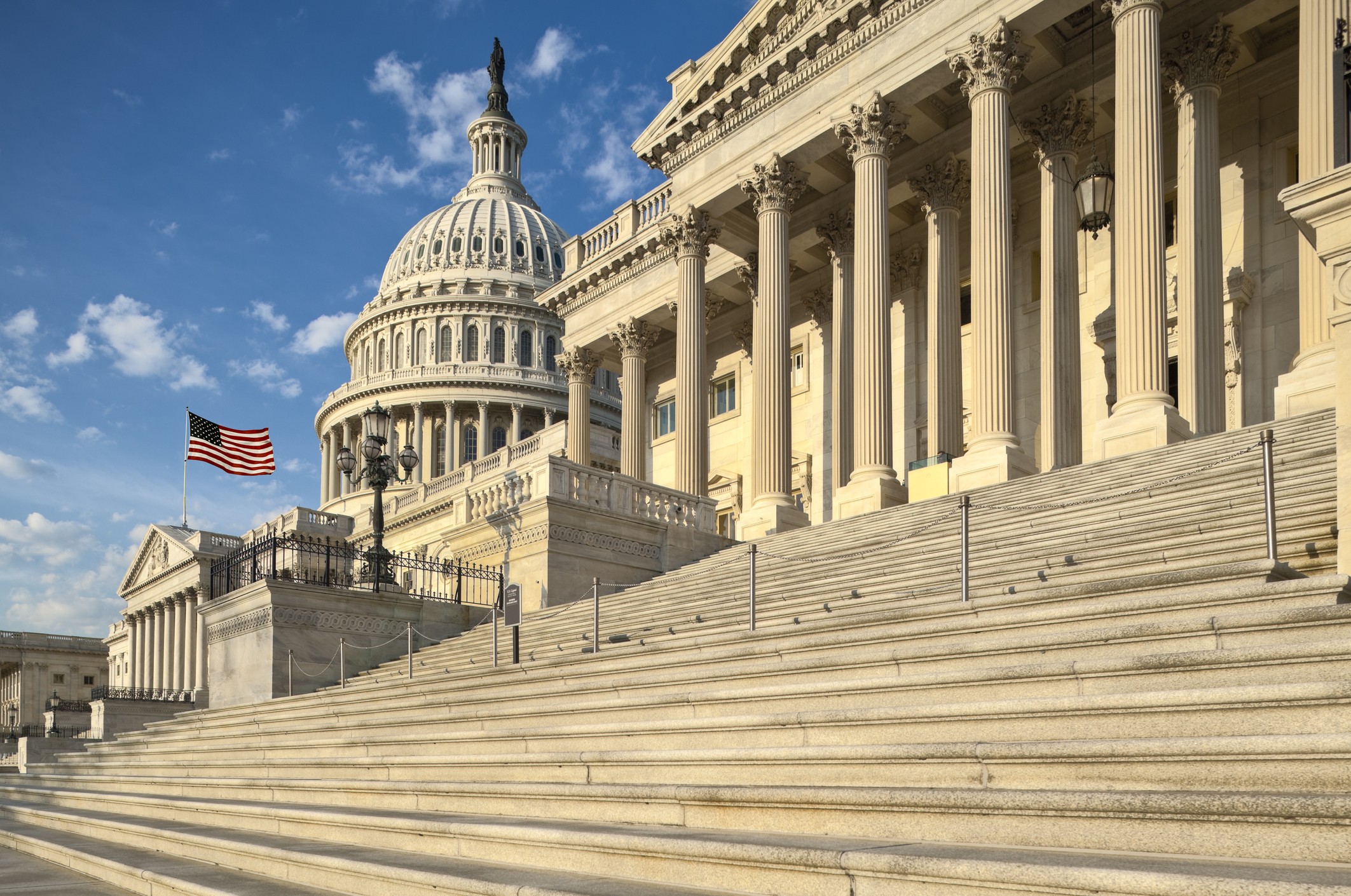On January 30, 2024, the Biden administration proposed a rule (the Salary Rule) that would amend the Federal Acquisition Regulation (FAR) to “prohibit contractors and subcontractors from seeking and considering information about a job applicant’s compensation history when making employment decisions for certain positions.” The new rule would also require contractors and subcontractors to disclose










